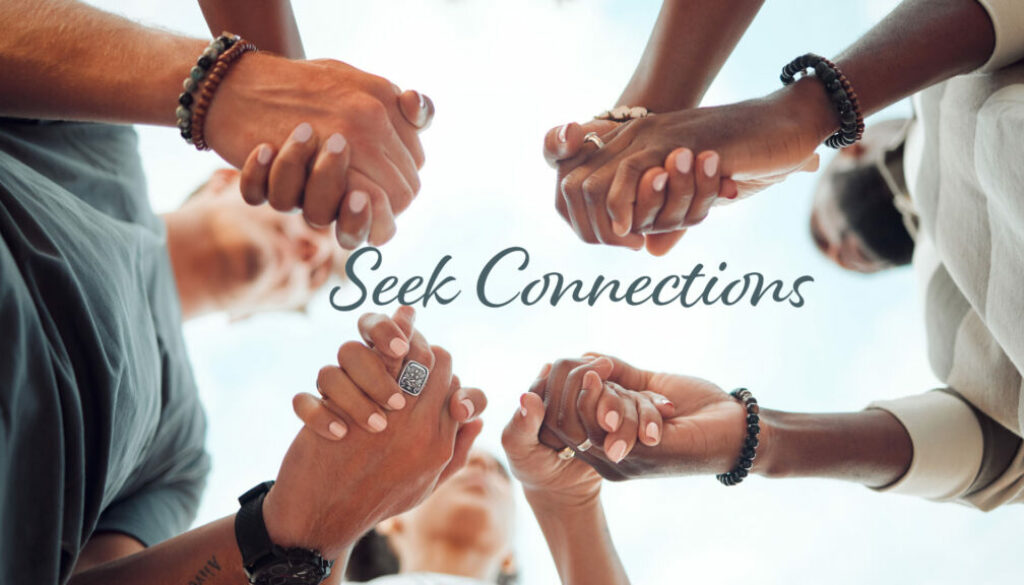March 2023
Hello everyone!
The Memory Partners team is very excited to finally have our website up and running! We hope you will visit often to find out what’s happening in our program, as our we continue to grow and develop new ways to support you on your caregiving journey.
While you’re here, take a moment to browse the calendar – we have added new support groups, as well as monthly workshops and Savvy Caregiver classes. We also hope you enjoy our blog, intended to keep you inspired, informed, and safe.
If you have trouble navigating the website, please let us know. We would also love to hear any feedback you might have that will help us bring you information and events that are meaningful and helpful to you.
Many thanks,
The Memory Partners Team
News
A new study shows that consuming flavanols, a subgroup of Flanvoids, may help maintain health cognitive function. Found in foods like leafy greens, tea, tomatoes, and wine, they are easy to fit into a regular diet. Incorporating them into your diet just may be one more way to help maintain a healthy brain.
The study included data from 961 participants aged 60 and older living in the Chicago area. Participants completed annual questionnaires about the foods they ate, as well as cognitive tests to measure changes in cognition. The study spanned approximately seven years. Results showed the total flavanols, and specifically the flavanol constituents kaempferol and quercetin, were associated with slower decline in cognition over time.
While the study was limited to people living in retirement communities in the Chicago area and participants were mostly Caucasian females, it’s difficult to draw any solid conclusions. It does, however, give researchers another avenue of study and gives the rest of us yet another thing to incorporate into our lives that just might help us keep cognitive decline at bay.
To read more, click here https://www.medscape.com/viewarticle/984651?src=mkm_ret_230128_mscpmrk_neuro_alzheimers&uac=425679CN&impID=5108157#vp_1
and here https://n.neurology.org/content/100/7/e694.
Safety
Home Safety
Dementia causes different changes in the brain and the body that may affect a person’s safety in day to day living. Changes in vision, hearing, sensitivity to temperatures or depth perception can alter the safety of routine daily living activities.
Brain changes influence judgement, like how to use household appliances safely. If safety measures are in place, a person living with dementia can live in the comfort of his or her own home or a caregiver’s residence. As the disease progresses, the person’s abilities will change. But with some creativity and flexibility, the home can be adapted to support these changes.
General tips include doing things like:
• Simplify the environment. Clutter can increase confusion for someone who is experiencing brain changes, so less visual stimulation can make it easier to navigate a space.
• Remove trip hazards. Throw rugs and furniture that is lower than eye level can be difficult to see and may increase fall risks.
• Pay attention to lighting. While low light may contribute to ambiance, it can also make it hard to see. Make sure your home has adequate lighting to make it easy to see objects.
For a more detailed list of home safety tips refer to: https://www.alz.org/help-support/caregiving/safety/home-safety
Reflections
The power of connections
Many of us are familiar with the phrase, “No man is an island,” coined by poet John Donne. Donne’s poem of that title reminds us that we are all connected, and that which happens to one of us, happens to us all. This sentiment is often expressed throughout history and across cultures, and it’s no wonder, as it is something we can all relate to.
Connection to others is indeed a critical part of survival. Margaret Mead, a notable anthropologist, is credited with asserting that civilization starts with helping someone else through difficulty, with an example of evidence that an ancient skeleton showed signs that the person’s femur had been broken and then healed. In order for that to happen, someone else had to have provided food and shelter for the injured.
This connection is not limited to our own friends and family. When tragedy strikes, we are often moved by stories of relative strangers helping one another. Here in the Cape Fear region, many of us are well acquainted with this phenomenon, when communities come together to help after a hurricane strikes.
Memory Partners staff often hear from caregivers who feel isolated, and feel additional stress due to a lack of supports. That loneliness can make a tough job even tougher. We encourage you all to take note of supports you may have in your life that aren’t immediately obvious. If you’re feeling overwhelmed, reach out for help – you might be surprised at the supports that show up that you never expected. Memory Partners staff are happy to be a source of connection to you as well. It’s important too, to be a connection for others. Even something as simple as a smile and a hello can go a long way to make another person feel seen and less alone on your journey.
Seek connections in your life and on your caregiving journey – you and the people you connect with will be glad you did.





